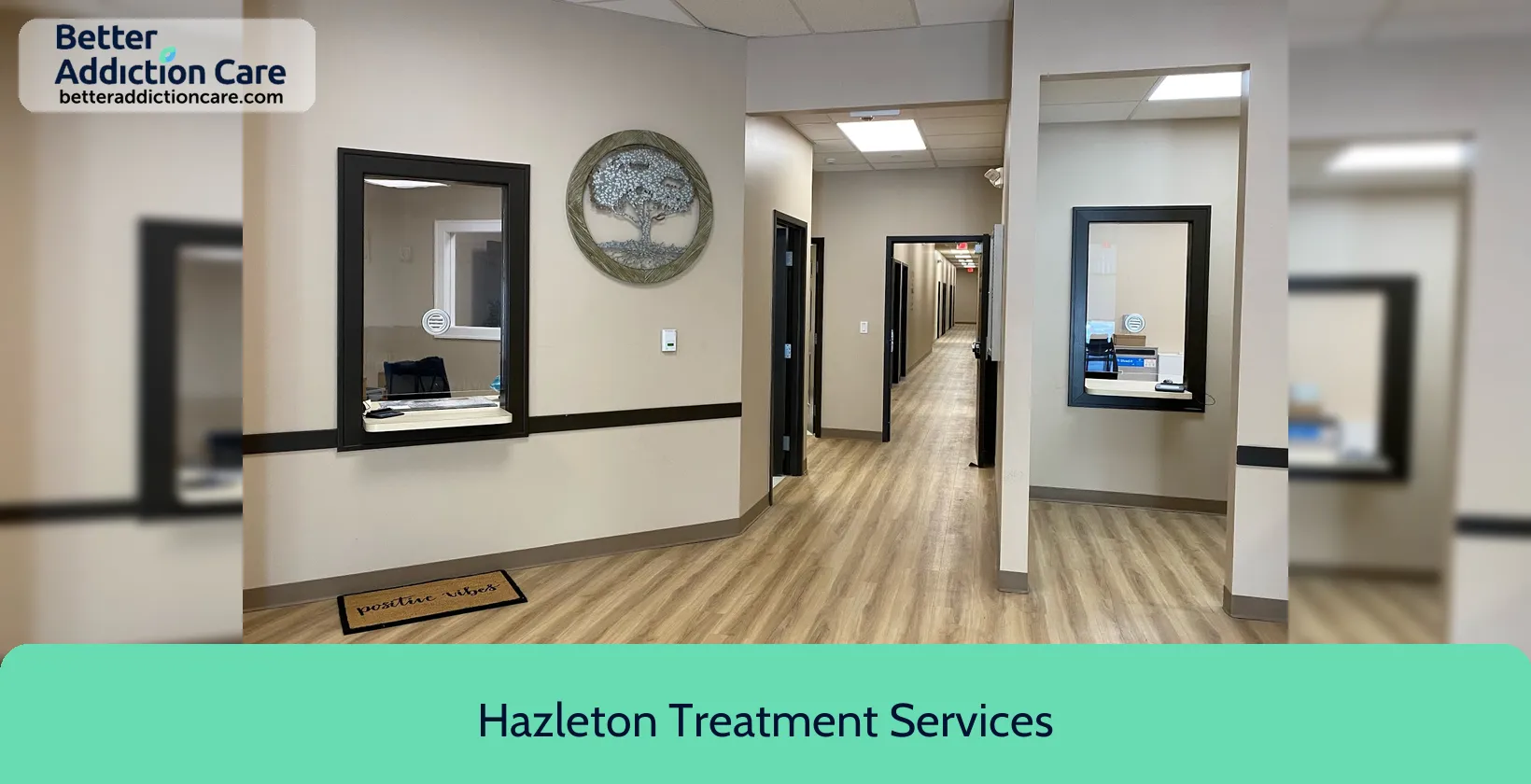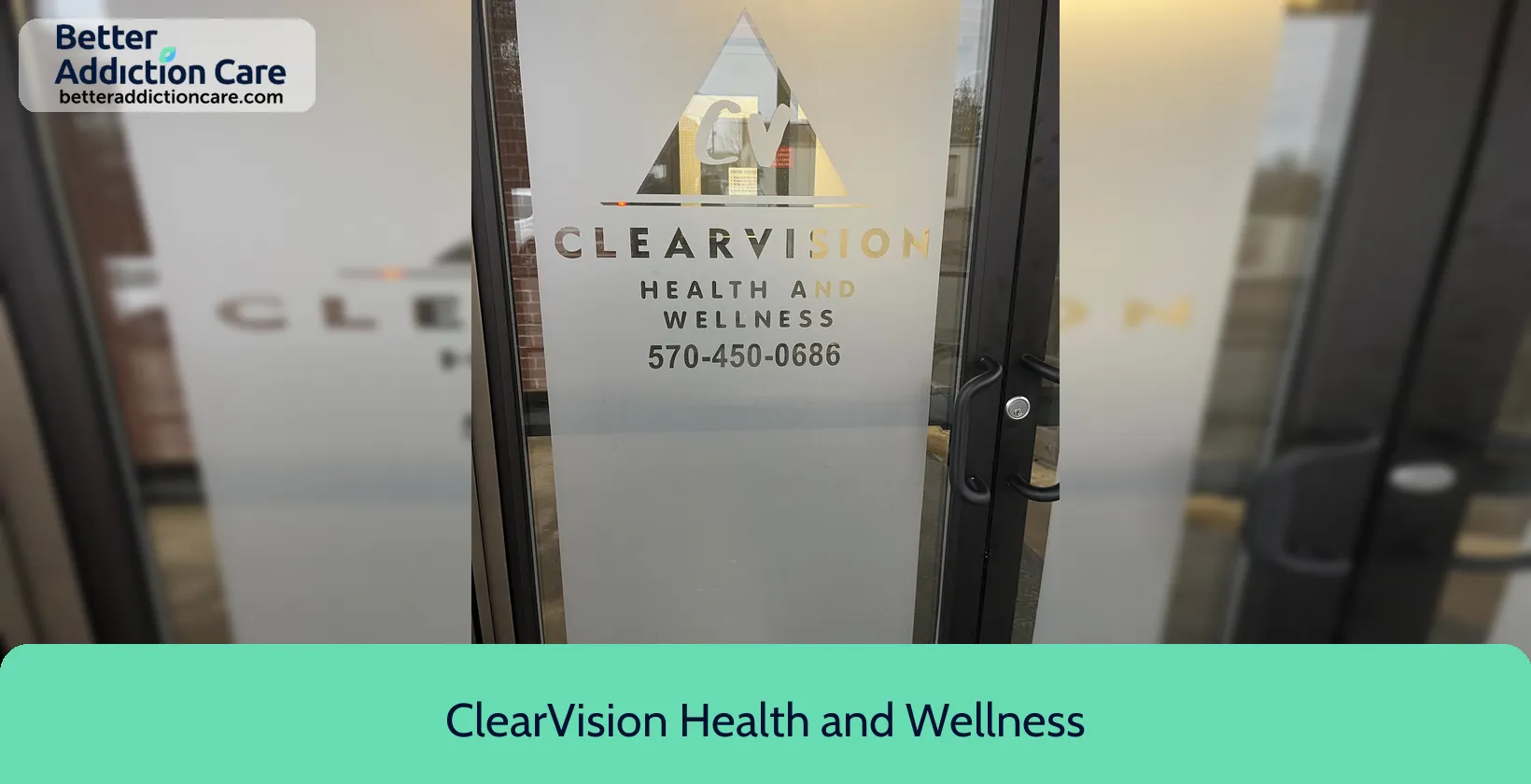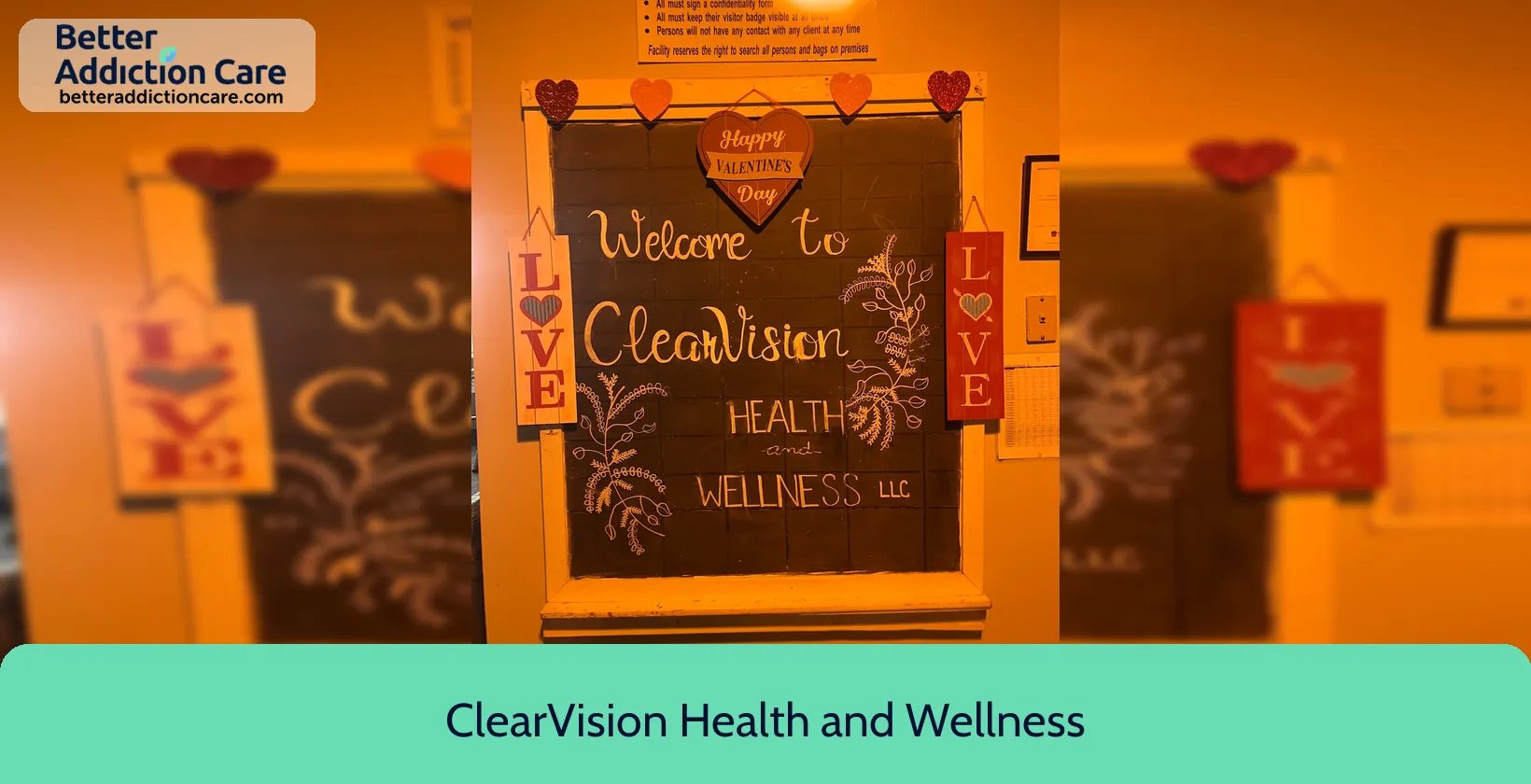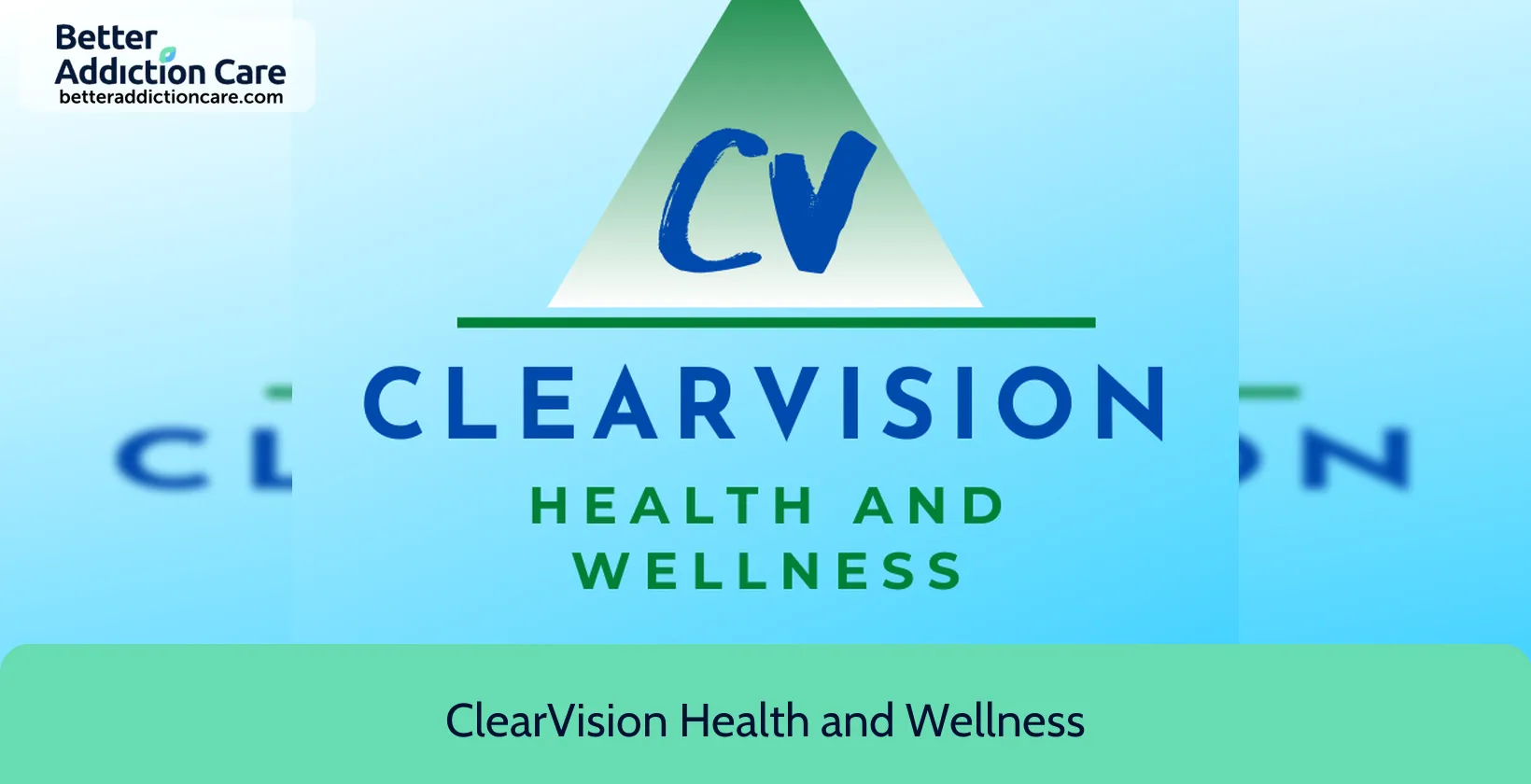ClearVision Health and Wellness
Overview
ClearVision Health and Wellness is an accredited substance abuse treatment center that provides inpatient treatment for men from 18+ years of age. As part of their special programs, ClearVision Health and Wellness treats clients with co-occurring mental and substance use disorders, veterans, and active duty military. To help patients achieve sobriety, ClearVision Health and Wellness provides intake assessments. Afterward, patients receive cognitive behavioral therapy, substance use disorder counseling, and group counseling during treatment. ClearVision Health and Wellness is located in Hazleton, Pennsylvania, providing treatment for people in Luzerne County, accepting cash or self-payment, medicaid, and medicare.
ClearVision Health and Wellness at a Glance
Payment Options
- Cash or self-payment
- Medicaid
- Medicare
Assessments
- Comprehensive substance use assessment
- Outreach to persons in the community
- Screening for substance use
- Complete medical history/physical exam
Age Groups
- Seniors or older adults
- Young adults
- Children/adolescents
- Seniors
Ancillary Services
- Case management service
- Integrated primary care services
- Social skills development
- Transportation assistance
Highlights About ClearVision Health and Wellness
7.30/10
With an overall rating of 7.30/10, this facility has following balanced range of services. Alcohol Rehabilitation: 8.00/10, Drug Rehab and Detox: 7.85/10, Insurance and Payments: 6.00/10, Treatment Options: 7.33/10.-
Alcohol Rehabilitation 8.00
-
Drug Rehab and Detox 7.85
-
Treatment Options 7.33
-
Insurance and Payments 6.00
Accreditations
State department of health:

Government agencies issue State Licenses, granting rehabilitation organizations permission to operate their businesses legally within specific geographic regions. The licenses needed for legal operation are typically determined by the type of rehabilitation program offered by a facility and its physical location.
Treatment At ClearVision Health and Wellness
Treatment Conditions
- Alcoholism
- Substance use treatment
Care Levels
- Hospital inpatient treatment
- Short-term residential
- Aftercare
Treatment Modalities
- Cognitive behavioral therapy
- Substance use disorder counseling
- Group counseling
- Family counseling
- 12-step facilitation
Ancillary Services
Languages
- Spanish
Additional Services
- Pharmacotherapies administered during treatment
- Mentoring/peer support
- Drug or alcohol urine screening
Special Programs
- Clients with co-occurring mental and substance use disorders
- Veterans
- Active duty military
- Members of military families
- Criminal justice (other than DUI/DWI)/Forensic clients
Get Help Now
Common Questions About ClearVision Health and Wellness
Contact Information
Other Facilities in Hazleton

7.06

7.34
DISCLAIMER: The facility name, logo and brand are the property and registered trademarks of Hazleton Treatment Services, and are being used for identification and informational purposes only. Use of these names, logos and brands shall not imply endorsement. BetterAddictionCare.com is not affiliated with or sponsored by Hazleton Treatment Services.





